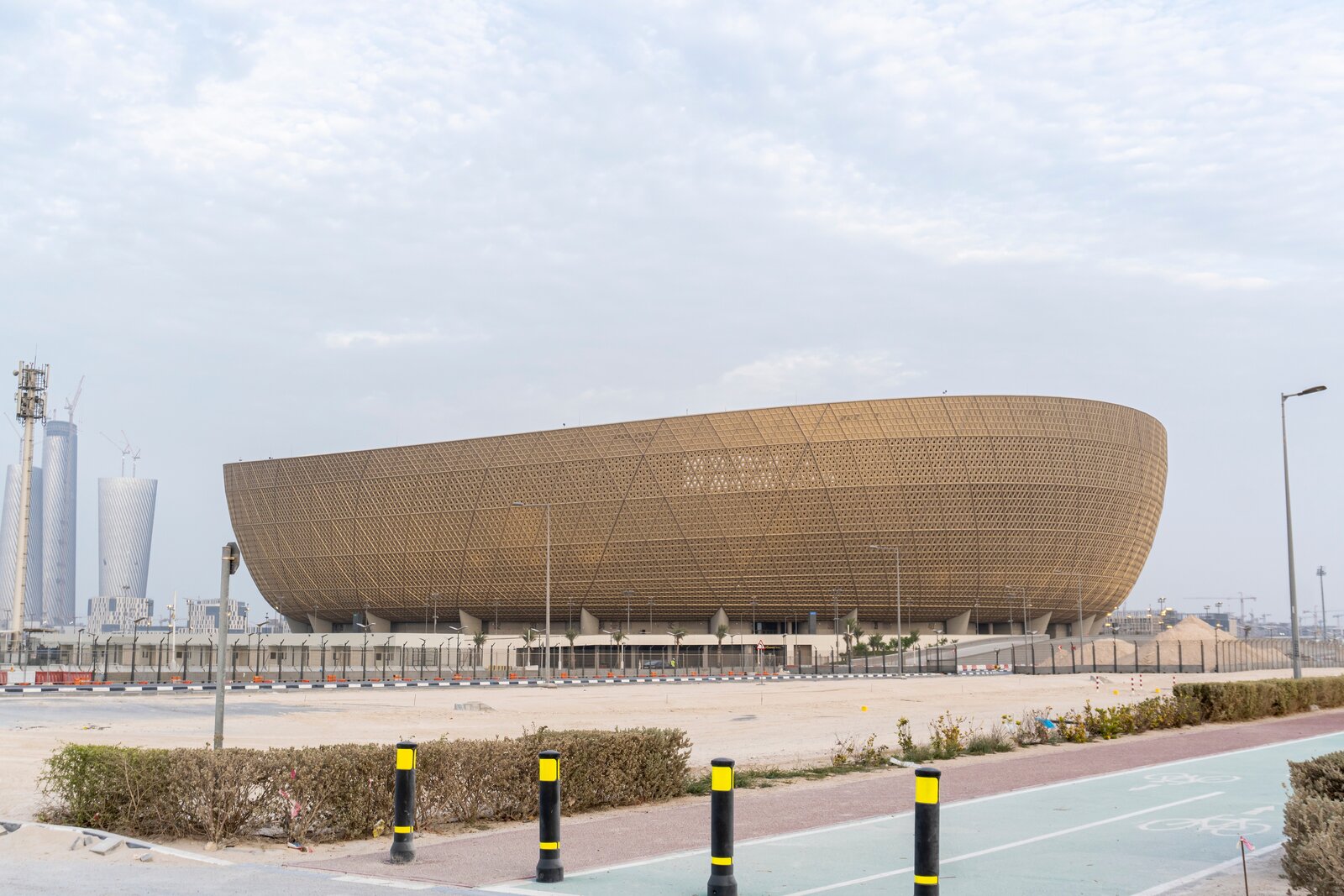Qatar wants to buy more football clubs + Some positive climate news, for a change

With World Cup revenues in its pockets, Qatar has its eyes on buying more football clubs: Qatar Sports Investments (QSI) is reportedly looking to buy “at least” one football club in the English Premier League and is in conversations with top clubs including Manchester United, Liverpool, and Tottenham Hotspur, Bloomberg reports, citing sources close to the matter. Spokespeople from the three clubs either declined to comment on or denied the talks. Manchester United and Liverpool have each said recently that they are willing to look at potential stake or complete sales of the club. Tottenham has not publicly expressed interest in a potential sale, although the Athletic recently quoted a source it says has knowledge of the matter as saying the English National Investment Company, which owns the club, has been “building [Tottenham] to sell it” at the right price.
It wouldn’t be Qatar’s (or the GCC’s) first foray into the world of European football: Qatar currently owns Paris Saint-Germain and owns 21.67% stake in Portugal’s SC Braga. Saudi Arabia and the UAE have also entered the space, with its sovereign wealth fund, the Public Investment Fund, purchasing Newcastle United, while City Football Group — co-founded by Mansour bin Zayed Al Nahyan and Khaldoon Al Mubarak — owns Manchester City.
A return to full strength for the ozone layer could be seen within decades, as efforts to eliminate the use of destructive chlorofluorocarbons are helping the upper atmosphere holes on their way to recovery, the UN said on Monday, citing scientists. Despite some rogue production of the chemicals, if international policies adopted under the Montreal Protocol remain in place, the ozone is on track to fully recover to 1980 status by 2066 — which could help reduce global warming by 0.5°C. The story got ink in several international outlets: New York Times | Deutsche Welle | Washington Post | Wall Street Journal | Guardian.
Covid trips up China in the semiconductor race to power: The world’s second largest economy is pausing its costly investment-led and subsidy-heavy approach to building a chip industry that rivals the US as it grapples with the financial pressure of renewed covid-19 outbreaks, Bloomberg reports, citing people familiar with the matter. Beijing’s top officials are considering alternative ways to support local chip manufacturers in lieu of the subsidies that have encouraged corruption and generated weak outcomes, looking into options like reducing the prices of semiconductor materials or redirecting funds from other areas to the chip industry.
This is a stark change of plans: In December, China was cooking up a USD 143 bn support package, composed primarily of subsidies and tax credits aimed at encouraging semiconductor production and research, with plans to roll out the program by 1Q 2023, Reuters reported.
REMEMBER- The US is a top competitor and has been imposing several policies and restrictions (here, here, and here) on the exports of semiconductors and chip-making materials to China in a bid to retain its technological supremacy in the semiconductor war. The chip industry is a geopolitical hot button, playing a critical role in both military systems and the data-processing capacities that fuel our modern global economic system.